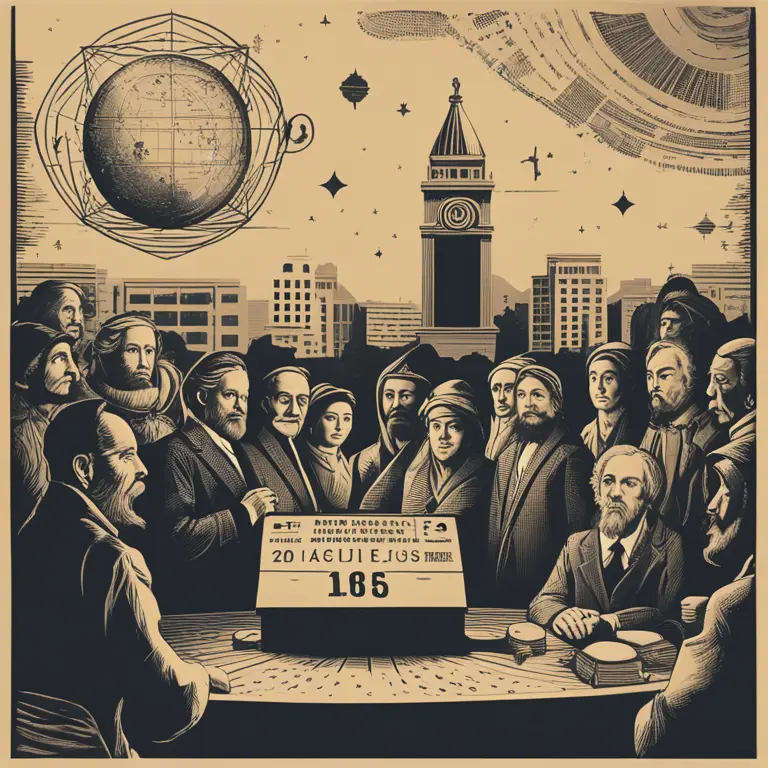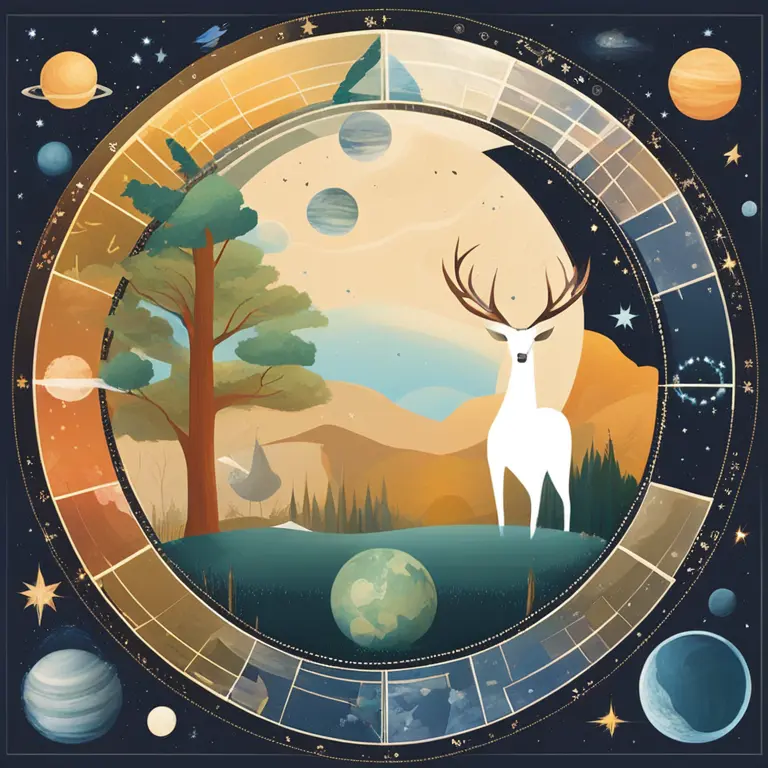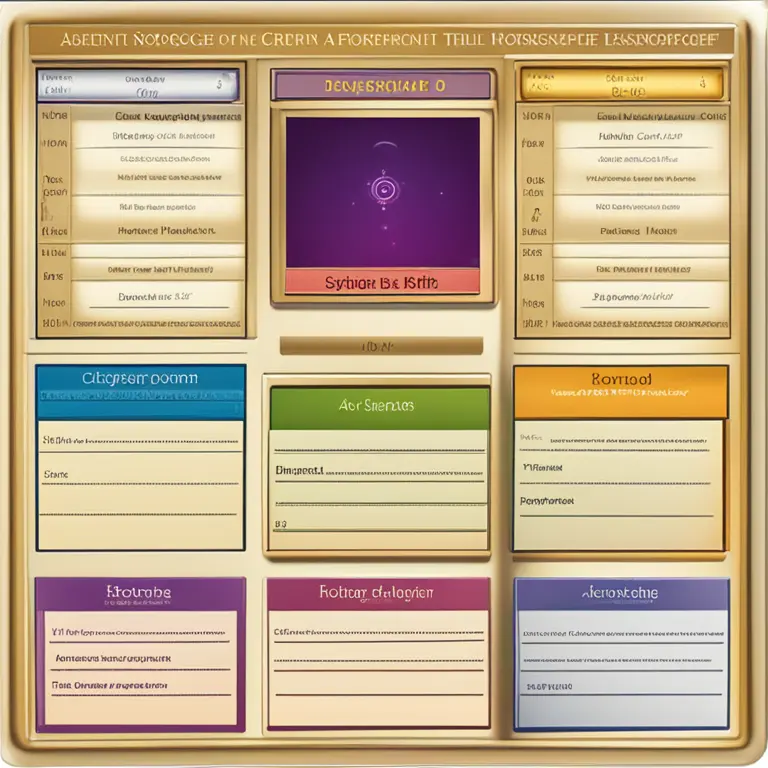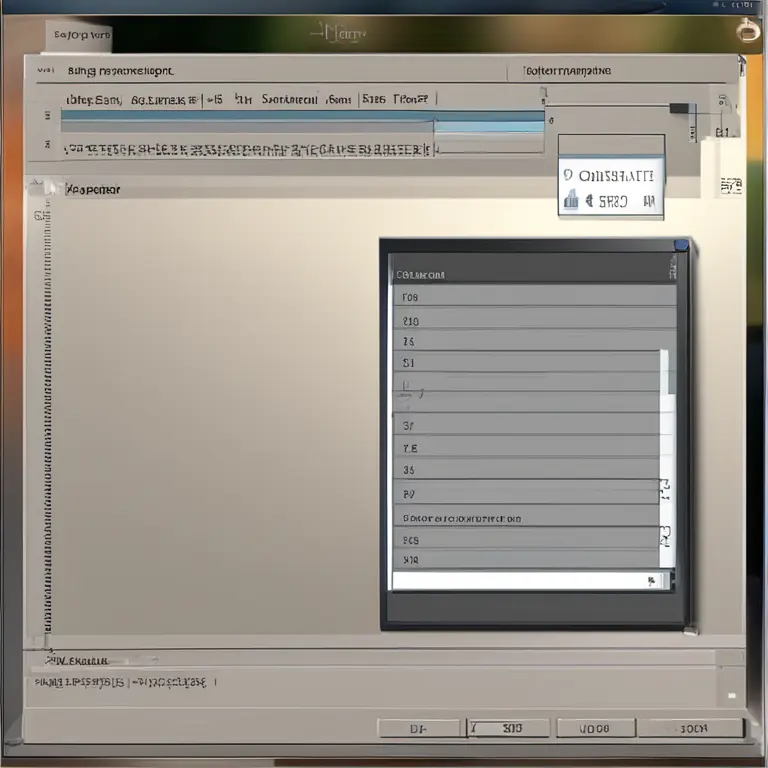
Astrology Versus Horoscope: Insights into Celestial Guidance
Delve into the distinctions between astrology and horoscopes, and learn how these ancient practices provide unique insight into your life's path.
article by Priya Deshmukh
Astrological Foundations
Astrology is a complex and multifaceted practice that dates back thousands of years. This ancient belief system posits that the positions and movements of celestial bodies can impact human affairs and natural phenomena. In modern times, astrology has evolved and expanded, drawing on technological advancements to refine astronomical calculations and interpretations, relevant even beyond 2024. This practice encompasses not just personal insights but also world events, reflecting on how cosmic rhythms interact with earthly life.

Horoscope: A Personalized Snapshot
A horoscope, on the other hand, is a more personalized component of astrology. It represents an astrological chart or diagram for a specific moment in time, often the moment of an individual's birth, and reflects the position of the sun, moon, planets, and sensitive angles at that time. Horoscopes are used to provide insights into personality, relationships, career, and other aspects of one's life based on this birth chart. They have become widely popular in daily, weekly, and monthly formats across various media platforms, offering tailored astrological forecasts.

Distinct but Interrelated
While astrology and horoscopes are inherently linked, they serve different purposes. Astrology is the overarching framework establishing the principles and methods for interpreting the sky's influence on Earth. In contrast, a horoscope is a specific application of these principles, offering a breakpoint in the broader astrological context. Nonetheless, both require accurate birth data and meticulous astronomical calculation, highlighting their dependence on precise details to ensure relevance and personalization.

Misconceptions and Critiques
Despite their popularity and long history, both astrology and horoscopes have faced skepticism. Critics argue that the practices lack empirical evidence and rely on a biased interpretation of symbolism. Nevertheless, proponents counter that astrology is not merely predictive but also reflective, offering a language through which individuals can explore their experiences against the backdrop of a greater cosmic narrative.

The Role of Technology
The digital age has revolutionized the way astrology and horoscopes are consumed. With the advent of sophisticated software that can generate precise celestial charts, the practice has become more accessible. Technology allows for real-time updates and personalized readings that consider the continuous movement of celestial bodies, thereby staying relevant in 2024 and beyond as it integrates astronomical data with personal astrology.
Future Directions
As we look toward the future, astrology and horoscopes will likely continue to evolve. The burgeoning interest in wellness and personal growth suggests that people will keep seeking celestial guidance for clarity and direction. The combination of ancient knowledge with cutting-edge technology will persist in offering personalized insights that resonate with the modern seeker, ensuring these ancient practices' survival and continued relevance.
Published: 2/13/2024
Modified: 2/13/2024
More predictions
Come back here soon to learn more about yourself and your future


Mastering Tarot Basics: A Beginner’s Guide
Embark on a journey into the art of tarot reading with our beginner’s guide, covering fundamental concepts and practical how-to steps.


The Moon Tarot Card: Insights and Meanings
Delve into the profound symbolism and astrological implications of the Moon Tarot card for guidance and personal reflection.


The Essential Tarot Card Meanings Guide with Images
Discover the meanings behind the mystical tarot cards with our comprehensive guide, complete with vivid imagery to enhance your understanding of each card's symbolism.